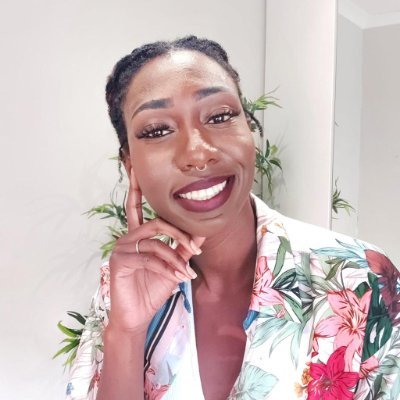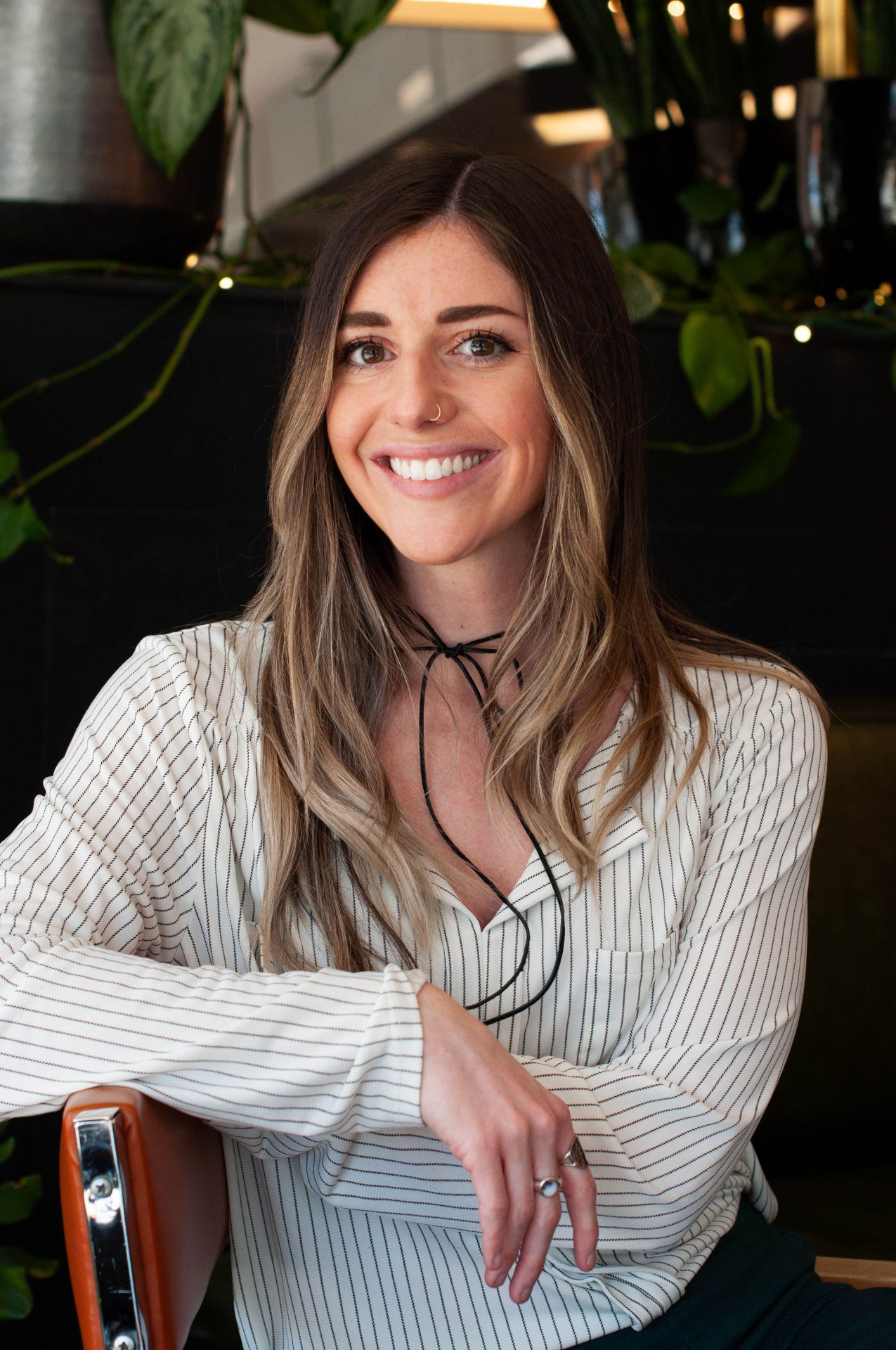Written by Leah Sinclair
Feeling an element of dread or despair around your birthday is something many experience – Stylist’s senior digital writer spoke to two women about how they deal with it.
One of the earliest birthday celebrations I remember was my 5th birthday party. I vividly recall wearing a crushed blue velvet dress (pretty classic if you ask me) with matching blue hair bands and having all my friends come over as we played musical chairs and danced energetically to B*Witched and Spice Girls (as most little kids in the mid-90s did).
I share this tidbit with you all because it’s the last birthday party I really remember enjoying – and having. As I’ve grown up, I prefer to take time away from day-to-day life – be it a mini city break or an island somewhere (if I’m lucky), because what it means to celebrate my birthday has evolved over the years from a moment of explosive celebration to a quiet appreciation for making it to another year in this thing called life.
But for some, their relationship with their birthdays doesn’t instil them with happiness or peace. Instead, it can become a symbol of fear, a looming cloud that comes around to rain on their parade and fills them with dread and despair.
This feeling of sadness is commonly known as the birthday blues – when the prospect of celebrating a birthday becomes a stressful, anxious and sad experience as opposed to the joy and excitement we’re apparently supposed to feel.
“Birthday blues is a sequence of sadness, low mood and overthinking one’s birthday and expectations of oneself and others on how to celebrate this day,” says Dr Jeanina, a consulting psychologist and mental health expert working at Chelsea Pharmacy Medical Clinic in London.
“Those experiencing this feeling tend to feel apathy, overwhelmed or more sensitive than usual,” she adds. “Sometimes a pattern of feeling down commences a few weeks before one’s birthday.”
“I’ve experienced birthday blues for years,” says lifestyle coach and corporate burnout prevention consultant Subira Jones.
For Jones, her relationship with her birthday evolved from being a big deal as a kid to something that was marred by trauma after she was admitted to the hospital on her 23rd birthday where she spent a week fighting off sepsis. One year later, her mum passed away the day after her 24th birthday.
“That 24th birthday is when I really realised I had no desire to do anything to mark my birthday,” she says.

As a result of this lingering anxiety Jones would experience, her birthday became a cause of sadness rather than celebration. “I would avoid conversations about my birthday leading up to it. Just the mention of my birthday approaching filled me with dread,” she admits.
“On the day, I would feel nervous and awkward and often self-medicate with CBD to manage the physical anxiety symptoms.”
“As someone who experienced a lot of social anxiety, I didn’t understand why anyone would want to celebrate my life. I felt anxious and responsible as to whether they would enjoy themselves.”
This constant feeling of dread was taking a toll on Subira – but on her 25th birthday, she acknowledged that her feelings towards her birthday was something she actively needed to change.
“I decided that my birthday was my own personal new year, and after the passing of my mum, life needed to be celebrated. So, for my 25th birthday, I decided to invite my friends to celebrate with me and then flew to the Philippines the next day.”
Taking control of her birthday and making the decision to fully immerse herself in celebration has made a considerable impact on Jones’s life and she sees her birthday now in a completely different light.
“I started to believe that my life was worth living and therefore worth celebrating. This gave me the courage to start enjoying my birthday.
“Now I use my birthday as a time to reflect on personal and professional growth and what I’ve learned.”
Content manager Natalie Bickel began to experience birthday blues at a relatively young age.
“I had a hard time leaving my teenage years behind. I loved being somewhat grown up without having the full responsibilities of an adult, but when I turned 20, I felt like I was exiting my youth, that I was switching phases of life, and I wasn’t quite ready to say goodbye to the innocent days of fun.”
While Bickel grew up having themed birthday parties that felt as though she was “putting on a show” this same level of excitement that she experienced around her birthday began to disappear. And this hit particularly hard when she turned 25.
“I was officially in my mid-twenties, and that was scary,” she admits. “For some reason, a feeling of unworthiness crept over me and my birthday became more of a self-examination date, rather than a reason to celebrate.”

This overwhelming feeling that Bickel experiences on her birthday has been lingering for four years, as she says she went from “being out-of-my-mind ecstatic as a kid and throughout my teenage years, to feeling kind of numb about it and to dreading it.”
However, when she turned 28 she noticed a shift in her mentality. “When I turned 28, I liked who I saw in the mirror. I told myself that I wasn’t going to judge myself this year and I realised that I like how much I’ve changed during this time. I’ve grown and stretched myself in so many ways that I never would have imagined.
“Even without all of that, I’m alive. I’m on this earth, and I’m surrounded by people who love me for who I am. That in itself is worth celebrating, and it took me way too long to realise that.”
Beating the birthday blues isn’t an easy feat – but it’s something that people can work towards improving so they can recapture that magical feeling they once had when their special day rolls around.
“One of the key ways to combat birthday blues is through acceptance,” says Dr Jeanina.
“It’s important to acknowledge that there is no written rule on what is wrong or right to feel on your birthday and that it’s okay to celebrate big or be in solitude.
“Also, embrace all the feelings,” she adds. “Time passes and so do emotions and new experiences are created, and just like that a pattern is broken and new traditions and ways of looking at your birthday can begin.”
Images: Getty; Subira Jones; Natalie Bickel
Source: Read Full Article
